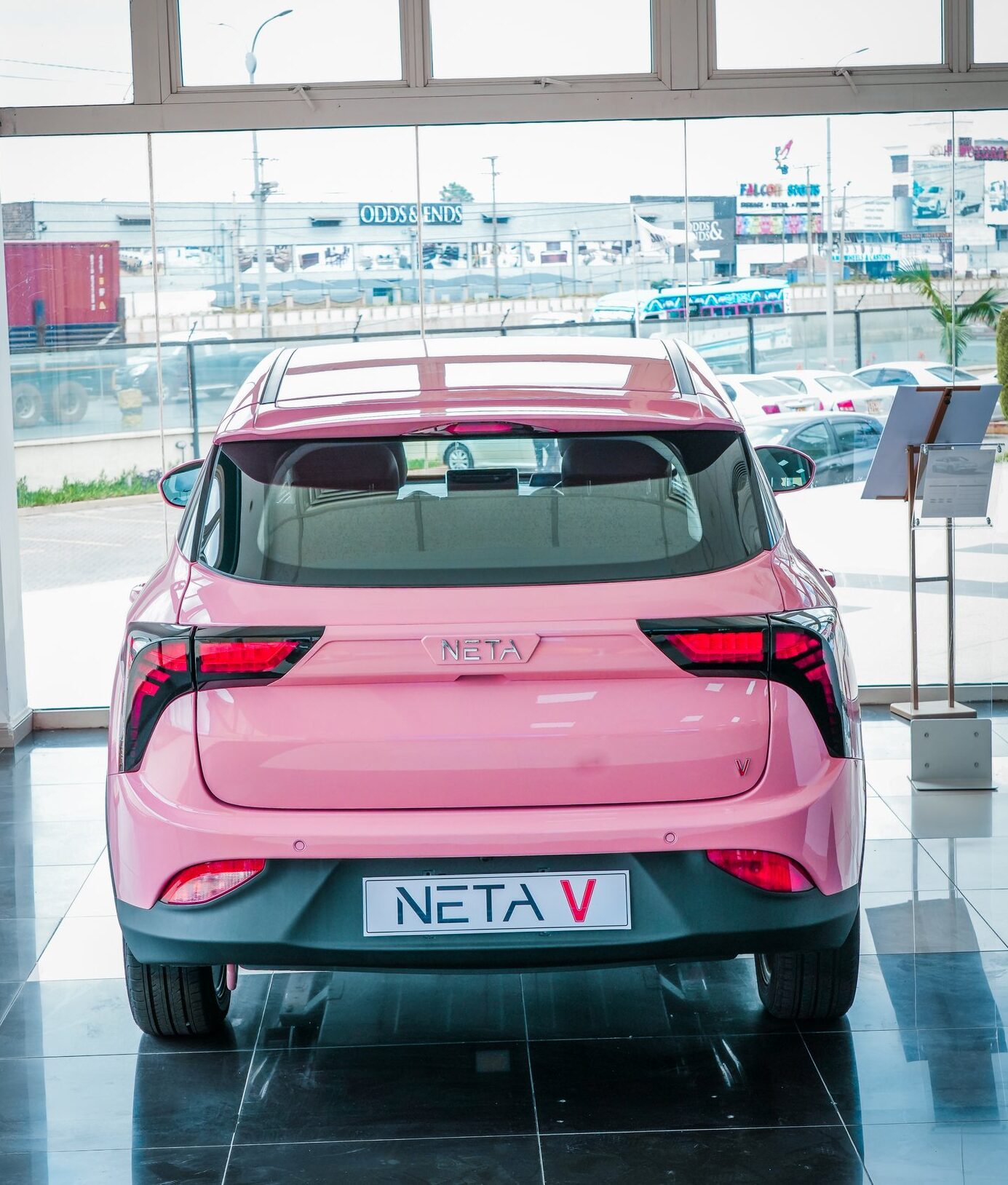Sign up for daily news updates from CleanTechnica on email. Or follow us on Google News!
BasiGo, an e-mobility company that is working on bringing the future of clean, electric public transport to sub-Saharan Africa, recently announced that its first two electric buses designated for Rwanda, BasiGo’s second market in East Africa, have arrived and are now their way to Kigali, Rwanda.
Headquartered in Nairobi, Kenya, and founded in 2021, BasiGo has led the introduction of electric buses into Nairobi’s public transport fleet and is now looking to leverage that experience in the Rwandan market. BasiGo has leased 19 electric buses to public transport operators in Nairobi. BasiGo electric buses have driven over 850,000 kilometers, carried over 1.1 million passengers, and mitigated approximately 400 tonnes of CO2 since March of 2022.
In a huge boost for BasiGo’s work in Rwanda, the United States Agency for International Development (USAID), has awarded BasiGo a $1.5 million grant through its Development Innovation Ventures program. The grant directly supports BasiGo’s pilot program in Kigali, which aims to demonstrate the cost-efficiency and viability of electric buses with some of Kigali’s largest bus operators. Estimates say that there are about 400 buses active in Kigali, spread across 7 operators. However, a huge shortfall remains, with some estimates saying an additional 300 to 400 buses can have a significant effect on the transport landscape. BasiGo wants to help cover this shortfall with its electric buses to ensure that the transport landscape is transformed in a more sustainable manner.
Commenting on the award, BasiGo Chief Executive Officer and Co-founder Jit Bhattacharya said,“We are grateful for the financial support of USAID in accelerating our public transport electrification plan in Rwanda. Rwanda is facing combined pressures from rising fuel prices and an urgent need for more public transport buses in Kigali. We believe our Pay-As-You-Drive solution will enable Kigali bus operators to rapidly scale the number of electric buses within their fleets. We look forward to working with USAID and the Rwandan government to create the future of clean electric public transport in Rwanda.”
BasiGo says the first electric buses will begin road-testing in Kigali in November and will enter passenger operations on a variety of Kigali bus routes shortly thereafter. The pilot electric buses will be operated by Kigali Bus Service, Royal Express, and Volcano. BasiGo will also provide all charging and maintenance services for the electric buses through its all-inclusive Pay-As-You-Drive model. BasiGo has also partnered with AC Mobility to integrate its electric bus financing platform to the Tap-and-Go fare collection system present in the majority of Kigali’s public transport buses. BasiGo works with several partners on the equipment side of things. Some of them include the K6 right-hand drive electric buses deployed in Nairobi, Kenya, as well as the larger E9 Kubwa that has a 210kWh battery coupled with a 130kW (250kW peak) electric motor, which is also in use in Nairobi.

Through the pilot program, BasiGo will demonstrate the technical performance and financial competitiveness of electric buses in the Rwandan market. The company will also use the pilot period to refine the electric bus design and financing model for Rwanda’s bus operators and for investors. Together, USAID and BasiGo aim to scale the electric bus fleet in Kigali to 200 buses by 2025. The government of Rwanda recently announced an initiative to rapidly scale the size of Kigali’s public transport fleet while also aiming to convert 20% of the public bus fleet to electric by 2030.
Images courtesy of BasiGo
Have a tip for CleanTechnica? Want to advertise? Want to suggest a guest for our CleanTech Talk podcast? Contact us here.
EV Obsession Daily!
I don’t like paywalls. You don’t like paywalls. Who likes paywalls? Here at CleanTechnica, we implemented a limited paywall for a while, but it always felt wrong — and it was always tough to decide what we should put behind there. In theory, your most exclusive and best content goes behind a paywall. But then fewer people read it!! So, we’ve decided to completely nix paywalls here at CleanTechnica. But…
Thank you!
Community Solar Benefits & Growth
CleanTechnica uses affiliate links. See our policy here.




